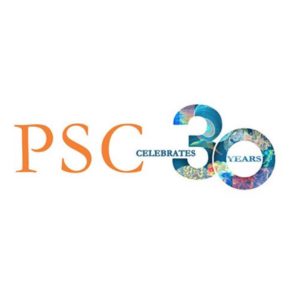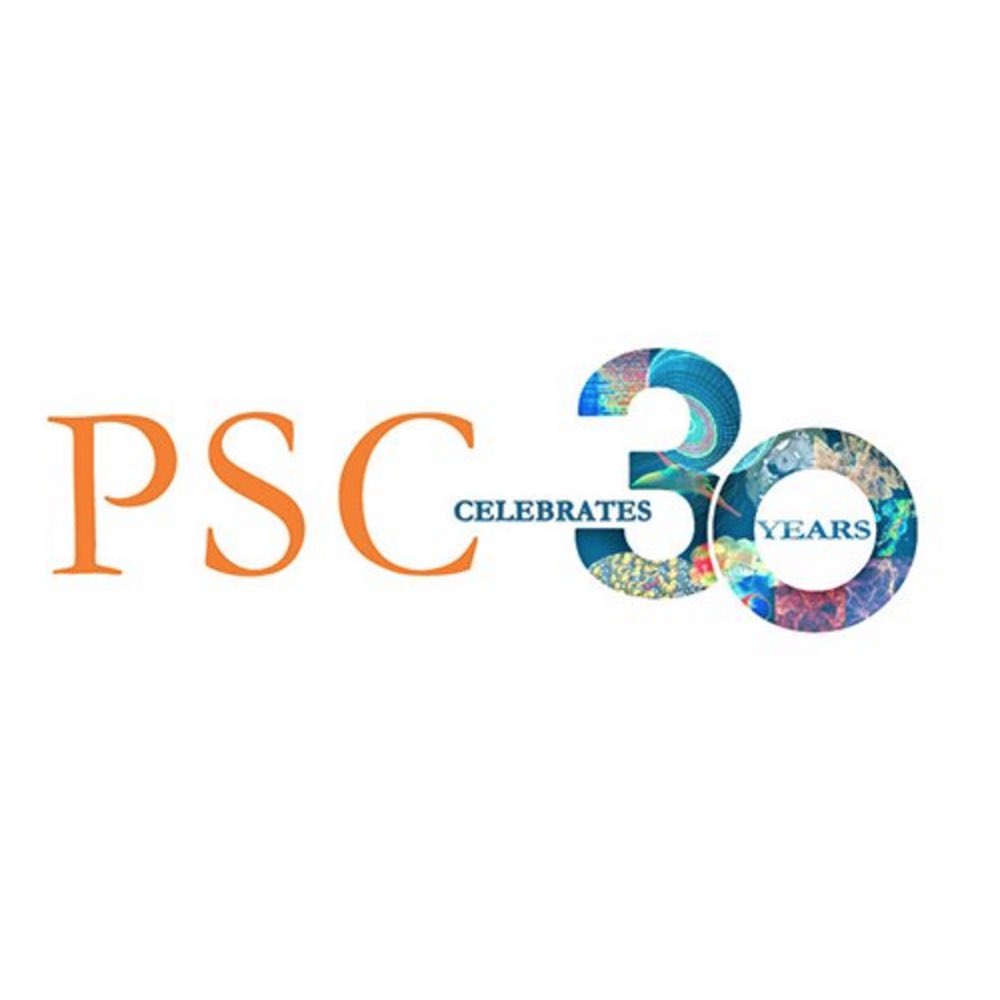 The Pittsburgh Supercomputing Center (PSC) celebrated its 30th anniversary last week.
The Pittsburgh Supercomputing Center (PSC) celebrated its 30th anniversary last week.
The beginning of PSC’s fourth decade will see the center with two new supercomputers—the NSF-funded Bridges system, already operational and due for completion this fall, and an Anton 2 molecular dynamics simulation system, provided at no charge by D. E. Shaw Research and with operational funding from the National Institutes of Health to be hosted at PSC also beginning in the Fall.
The City of Pittsburgh cited PSC’s contributions to the region’s academic achievements and economy in a ceremony on June 7, proclaiming the 9th “PSC Day” in the city. The Commonwealth of Pennsylvania Senate and House have similarly recognized PSC’s contributions to the state.
PSC is a joint effort of Carnegie Mellon University and the University of Pittsburgh, fostering collaboration across university, industry and government organizations; funded by federal agencies with support from the Pennsylvania Department of Community and Economic Development. Most of the researchers who work with PSC’s computational experts and computing systems do so at no cost; U.S. academic scientists working on nonproprietary research can access our systems by submitting a proposal to a peer-review committee.
 Highlights:
Highlights:
- The National Science Board approved funding for PSC on Jan. 17, 1986. The first computer, a CRAY X-MP/48, was dedicated on June 9 of that year.
- PSC is a national leader in enabling breakthroughs in all disciplines of science by early adoption of the most advanced computing, storage and communications technology available.
- PSC has 70 professional jobs and, historically, 10 to 15 student internships per year. Many of these students are now working at other high-tech companies within the state. Over 300 former PSC employees are in high-tech jobs throughout the nation; many remain in Pennsylvania.
- PSC has brought over $600 million in federal support into the regional economy from outside the Commonwealth
- Large and small Pennsylvania industries have developed products or services using PSC facilities.
- Free computer use and training provided by PSC to Pennsylvania educational institutions have enabled faculty to attract research grants and students to increase their qualifications for high tech jobs. PSC and its research partners and users have brought over $68M into the Commonwealth over the past 18 months alone.
- PSC enhances the Commonwealth’s ability to attract new businesses through enhancing its reputation as a technological leader.




